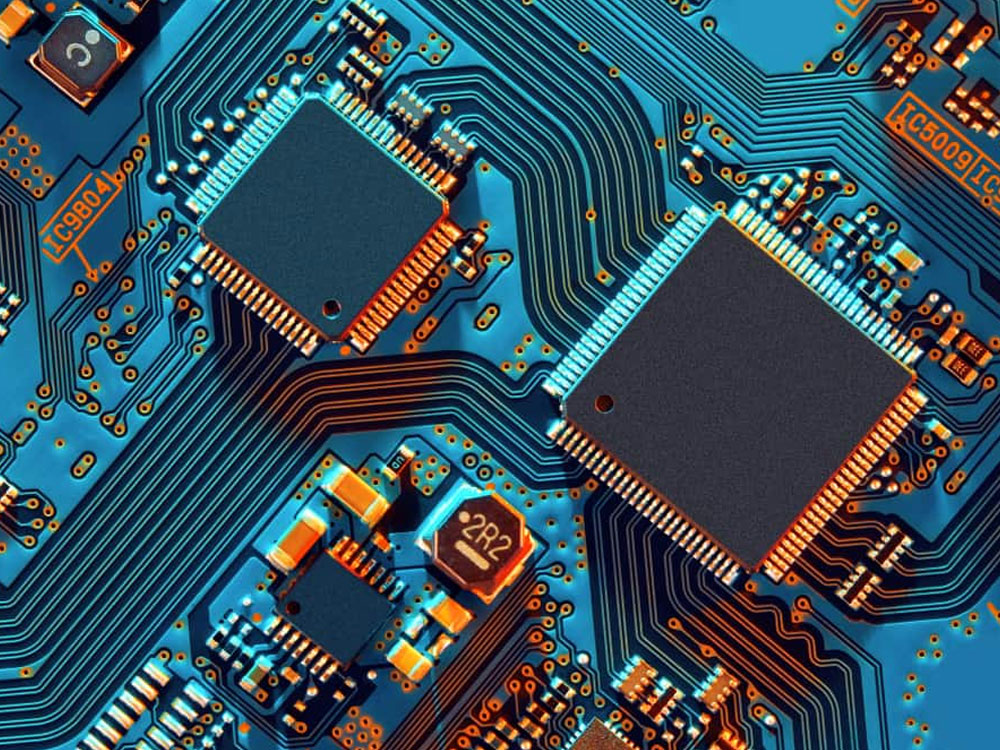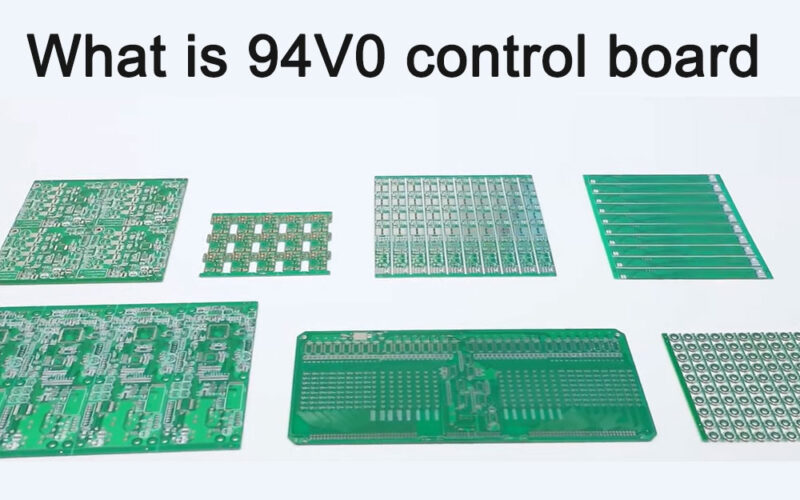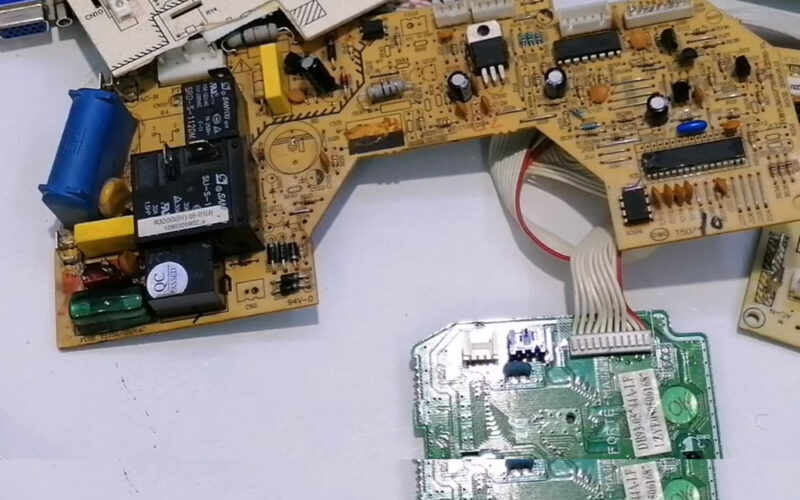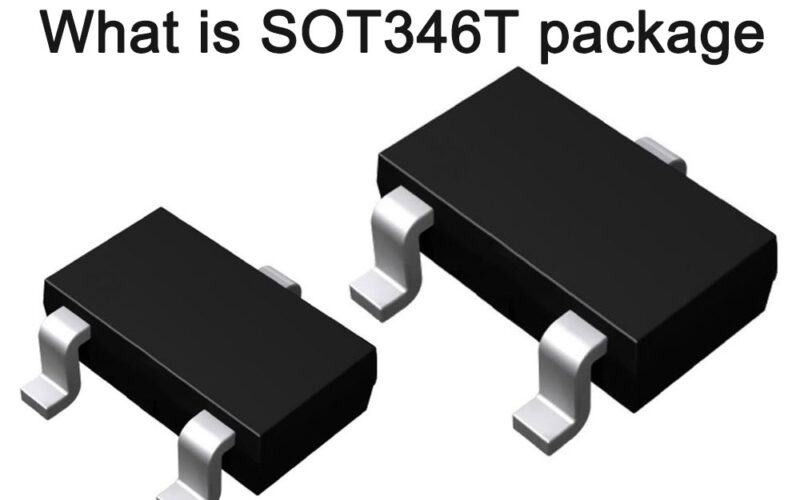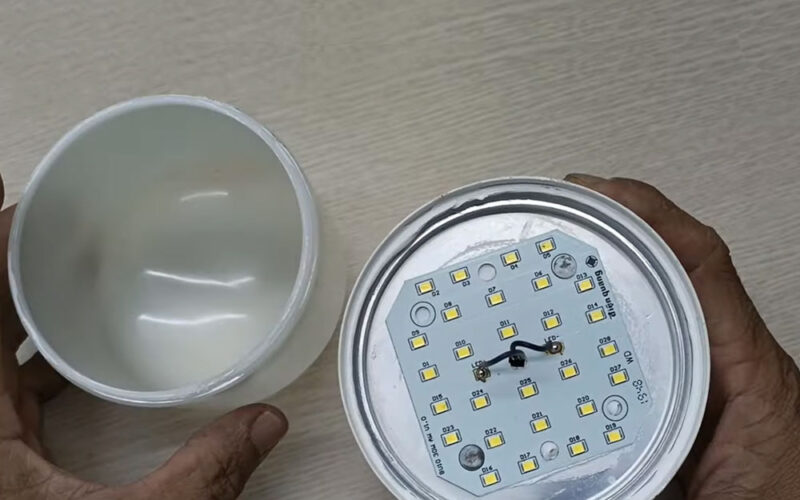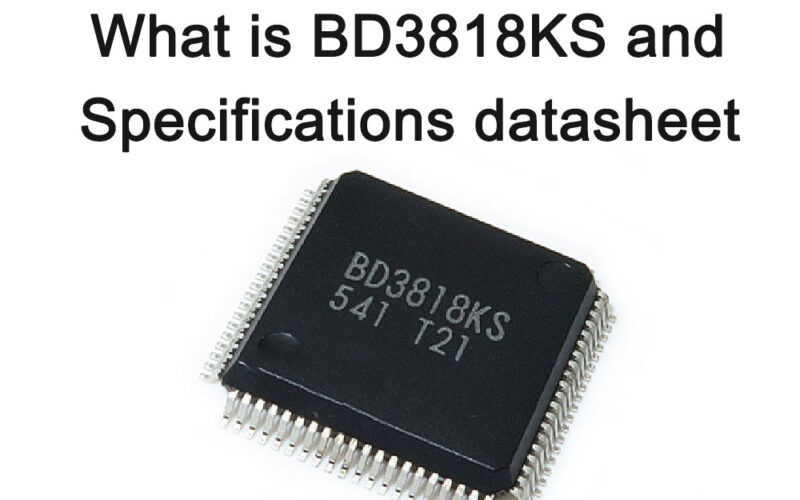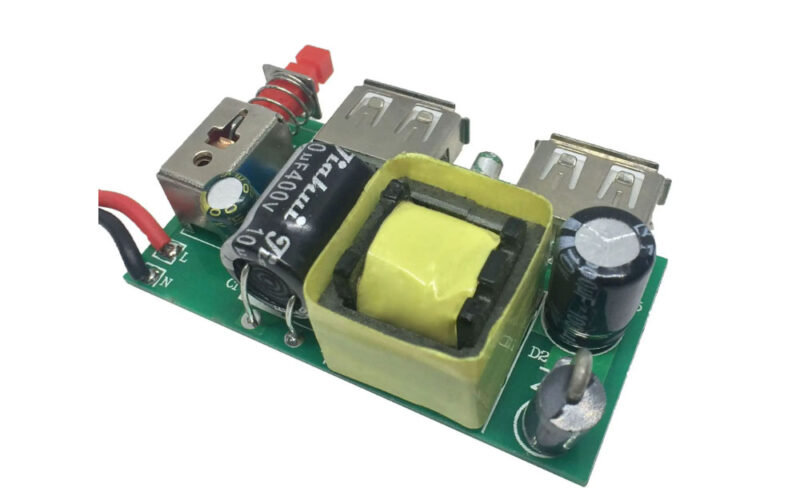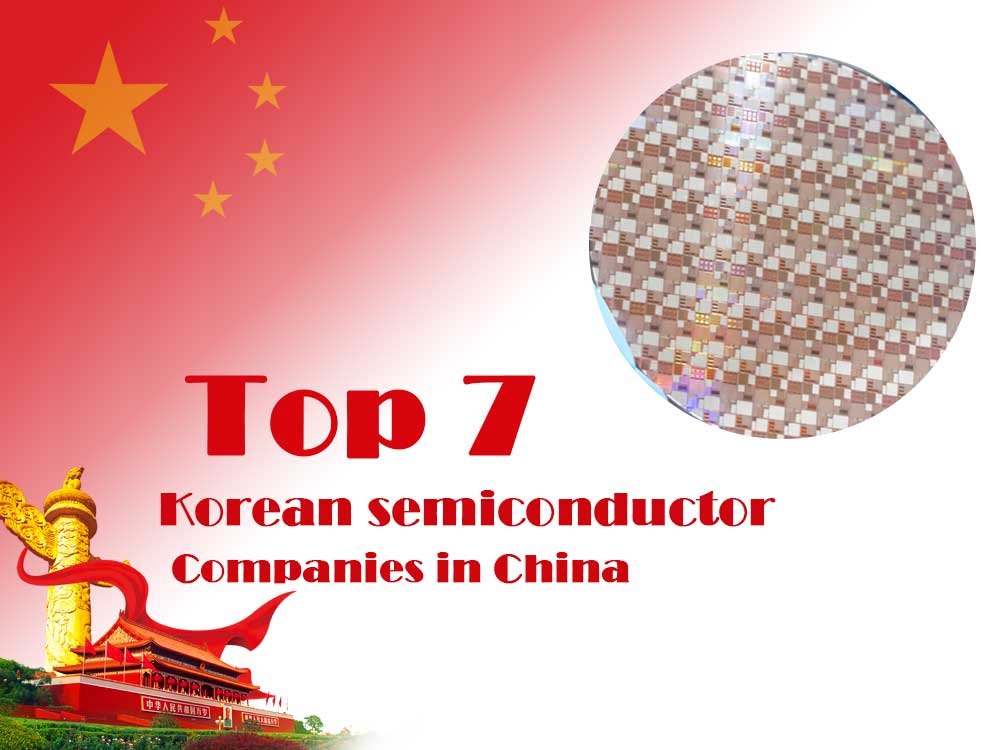
What are the Korean semiconductor companies in China?
South Korea is an important semiconductor industry country in the world. It has a complete semiconductor industry chain and advanced technology, and it occupies an important position in the global semiconductor market.
In recent years, Korean semiconductor companies have actively expanded into the Chinese market and invested and built factories in China, making positive contributions to the development of China’s semiconductor industry.
Market distribution of Korean semiconductor companies in China
Currently, Korean semiconductor companies in China are mainly distributed in the following fields:
Memory chips: Korean companies such as Samsung Electronics, SK Hynix, and Micron Technology have established memory chip production bases in China, mainly producing DRAM and NAND flash memory chips.
Logic chips: Samsung Electronics, SK Hynix, Intel and other Korean companies have established logic chip production bases in China, mainly producing central processing units (CPUs), graphics processing units (GPUs) and other chips.

Analog chips: Korean companies such as Samsung Electronics, LG Semiconductor, and Maxim have established analog chip production bases in China, mainly producing analog circuit chips.
Power devices: Korean companies such as Samsung Electronics, LG Semiconductor, and NXP have established power device production bases in China, mainly producing power semiconductor devices.
Packaging and testing: Korean companies such as Samsung Electronics, SK Hynix, and ASE have established packaging and testing factories in China, which mainly provide packaging and testing services for the chips they produce.
As industry works to restore the global supply of semiconductors, South Korea is working to position itself at the center of the new supply chain that emerges on the other side of the shortage.
It’s working to build its own infrastructure for the entire chipmaking process, which will drastically reduce its reliance on foreign sourcing. Kim Sung-min reports.

Aiming to cement South Korea’s dominant position in the global semiconductors supply chain,… the government on Thursday unveiled its so-called “K-Semiconductor Belt Strategy”. The strategy will see a large scale investment from private firms with tax breaks and financial and infrastructure support coming from the government. “Our country’s semiconductor firms will create the world’s biggest chip supply chain in South Korea over the next ten years through injecting more than 451 billion U.S. dollars. In return, the government has come up with a large scale support package.” Among those firms, Samsung Electronics intends to invest more than 151 billion U.S. dollars in system semiconductors, and SK hynix will also expand its investment.
Key to the plan is a semiconductor cluster… connecting three strips of facilities across the country to create a K-shape. The belt will encompass foundry manufacturing, materials and components production, as well as fabless manufacturing and packaging,…reducing the country’s dependency in all areas of the production process. Another pillar of the strategy is to drastically expand investment and tax incentives for the semiconductor sector.

That includes tax breaks of up to 50 percent for research and development and 20 percent for facility investment for both SMEs and conglomerates. For facility investment,… around 9-hundred million U.S. dollars has been set aside for prime-rate loans. 10 years’ worth of water used at Yongin and Pyeongtaek,… within the chip cluster,… has been secured and the government aims to shoulder half the cost of the electricity used at the facilities.

The plan also includes training around 36-thousand more skilled personnel in the chip industry over the next ten years by expanding the related university and masters courses and class quotas. Coming up with a long term roadmap for strengthening the supply of automotive chips is also part of the plan.
Through the “K-Semiconductor Belt Strategy”, the country is aiming to double chip exports within ten years. It is also expected to create around 100-thousand new jobs in the country. Kim Sung-min, Arirang News.
Top 7 Korean semiconductor companies in China

The following is a detailed introduction to the major Korean semiconductor companies in China:
Samsung Electronics
The continuous development of semiconductors has changed the way we live today.
How are they made? What will these small ‘seeds’ grow into in the hyper-connected society?
Samsung Electronics is the world’s largest semiconductor company, and its semiconductor business covers memory chips, logic chips, analog chips, power devices and other fields.
Samsung Electronics has built multiple semiconductor production bases in China, mainly located in Suzhou, Nanjing, Wuxi, Jiangsu Province, and Chengdu, Sichuan Province.
The semiconductor products produced by Samsung Electronics in China are mainly sold to the domestic market and also exported to other regions around the world.
SK hynix
SK Hynix is the world’s second largest memory chip company, and its main products are DRAM and NAND flash memory chips.
SK Hynix has built multiple semiconductor production bases in China, mainly located in Suzhou and Wuxi, Jiangsu Province, and Chengdu, Sichuan Province.
The semiconductor products produced by SK Hynix in China are mainly sold to the domestic market and also exported to other regions around the world.
Micron Technology
Micron Technology is the third largest memory chip company in the world, and its main products are DRAM and NAND flash memory chips.
Micron Technology has built multiple semiconductor production bases in China, mainly located in Chengdu. The semiconductor products produced by Micron Technology in China are mainly sold to the global market.
Intel
Intel is the world’s largest logic chip company, and its main products are central processing units (CPUs), graphics processing units (GPUs) and other chips. Intel has built multiple semiconductor production bases in China, mainly located in Beijing, Shanghai, and Chengdu. The semiconductor products produced by Intel in China are mainly sold to the global market.
LG Semiconductor
LG Semiconductor is the world’s leading analog chip company, and its main products are analog circuit chips. LG Semiconductor has built multiple semiconductor production bases in China, mainly located in Suzhou and Wuxi, Jiangsu Province. The semiconductor products produced by LG Semiconductor in China are mainly sold to the global market.
Maxim Integrated Products
Maxim is the world’s leading power device company, and its main products are power semiconductor devices. Maxim has built multiple semiconductor production bases in China, mainly located in Suzhou and Wuxi, Jiangsu Province. The semiconductor products produced by Maxim in China are mainly sold to the global market.
ADVANCED SEMICONDUCTOR ENGINEERING INC.
ASE is the world’s leading packaging and testing company, and its main business is to provide packaging and testing services to semiconductor companies.
ASE has multiple packaging and testing plants in China, mainly located in Suzhou and Wuxi, Jiangsu Province, and Shenzhen, Guangdong Province. ASE provides packaging and testing services to Huawei and many Korean semiconductor companies.
In recent years, with the development of China’s semiconductor industry, Korean semiconductor companies have continued to increase their investment in China.
It is expected that China will become an important market for Korean semiconductor companies in the future.
